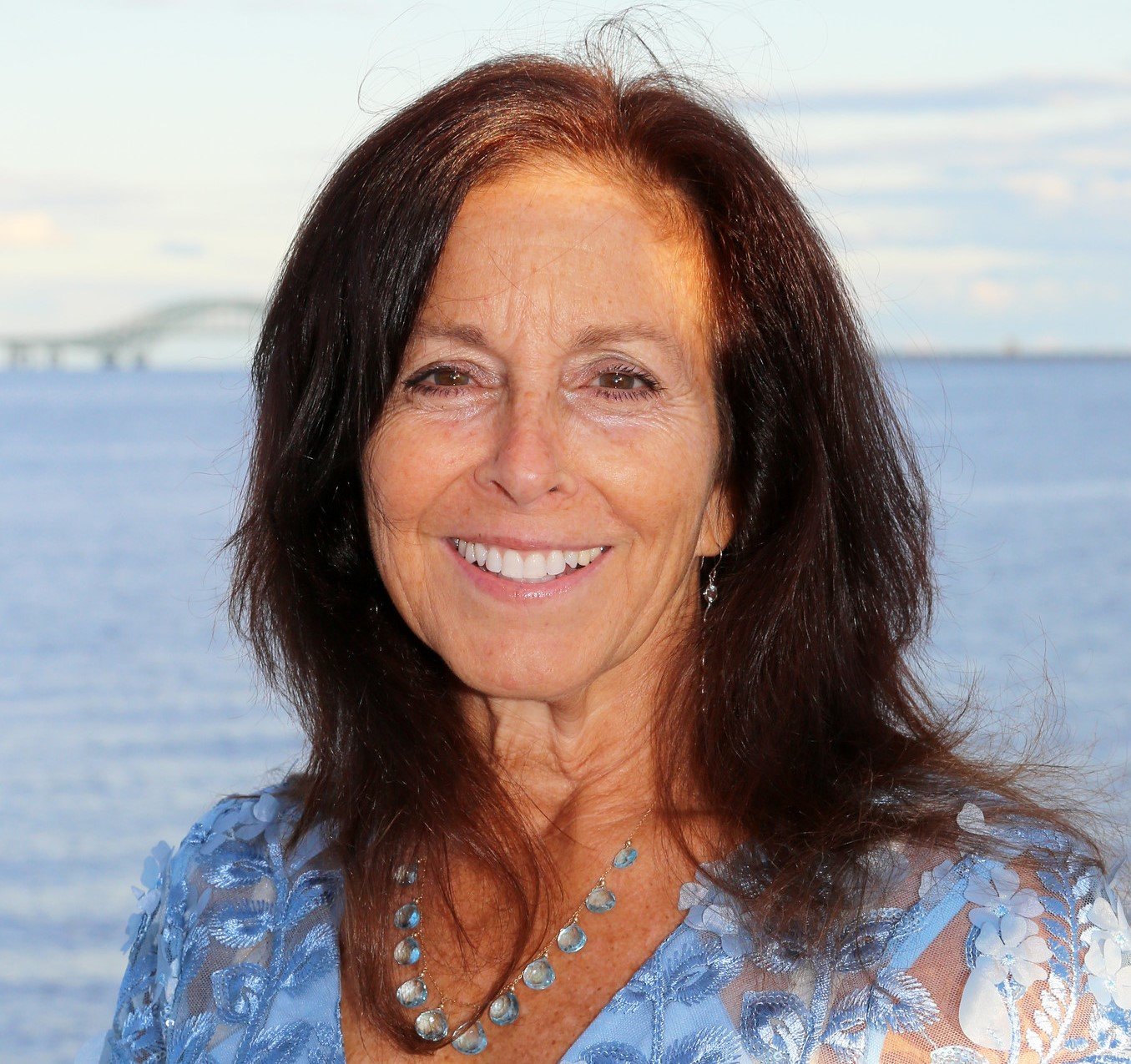Hochul should sign the Birds and Bees Protection Act
If we are going to save the planet, we need to start by saving the bees. Bees and other pollinators are responsible for one in every three bites of food we eat, but the global decline in honeybee populations has long been documented. Last year, New York beekeepers lost 45 percent of their bee colonies, one of the highest loss rates on record.
New York’s native bees and pollinators are at risk of local extinction. The fewer pollinators we have, the fewer fruits and vegetables we will be able to grow. We know bee populations are declining dramatically, yet there is resistance in New York to addressing the main culprit in these losses: neonicotinoid pesticides. They are toxic, and they are killing bees and harming Long Island.
Neonicotinoids, or “neonics,” are the most commonly used pesticide in New York and on the Island. They are best known for their harm to wildlife, but they are also being found in Long Island’s groundwater. The Birds and Bees Protection Act, which both the Assembly and the State Senate have passed, addresses the core of New York’s neonic contamination problem by prohibiting the needless and replaceable uses of this toxic pesticide, thus eliminating 80 to 90 percent of the neonics entering the state’s environment. Now we need Gov. Kathy Hochul to sign the bill into law.
In recent years, an avalanche of peer-reviewed science has emerged indicating that neonics are not only a major threat to the health of bees and other pollinators, but also pollute water resources, threaten birds and other wildlife, and raise concerns about human health impacts. Neonics may be the most environmentally damaging pesticide since DDT, and action must be taken now to address this growing threat to our environment, health, food and pollinators.
Neonics are highly water-soluble and can quickly move through soil into our waterways. Used on lawns and gardens, they can be sprayed at higher rates and enter our waterways as stormwater runoff. So it’s no wonder we are seeing widespread contamination of the state’s rivers, streams, ponds, and marine environments. The alarming ability of neonics to contaminate water resources is particularly concerning for Long Island’s sole-source aquifer.
The ubiquitous and unnecessary use of these pesticides is damaging our drinking water quality and threatening our health. Clean and safe drinking water is a basic human need, and neonics put that at risk.
There is growing scientific evidence of how neonicotinoids threaten human health. Several studies link neonic exposure to developmental harm, including malformations of the developing heart and brain. The longer we wait to ban the most dangerous uses of neonics, the longer we expose New Yorkers to this neurotoxin and amplify the adverse health impacts of chronic prolonged exposure. The Birds and Bees Protection Act targets the heart of New York’s neonic pollution problem. It would prohibit neonic-treated corn, soybean and wheat seeds as well as ornamental uses on lawns, gardens and golf courses.
The State Senate and Assembly passed the bill this legislative session. Now we need Hochul to stand up to the pesticide industry and the chemical companies who are hard at work, aggressively lobbying her to veto the bill. Protecting public health and saving the bees are in the public interest, which needs to be prioritized over corporate interests. We need the governor to sign the Birds and Bees Protection Act.
Adrienne Esposito is executive director of Citizens Campaign for the Environment.

 44.0°,
Mostly Cloudy
44.0°,
Mostly Cloudy 




